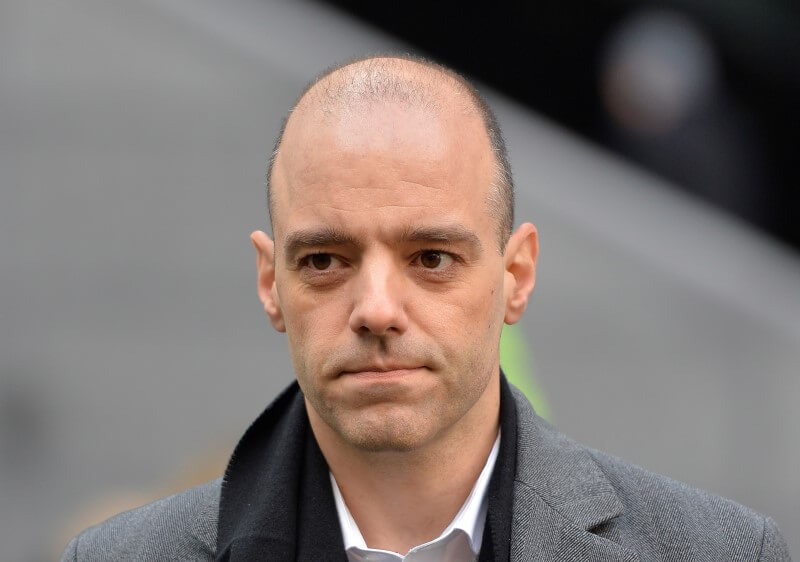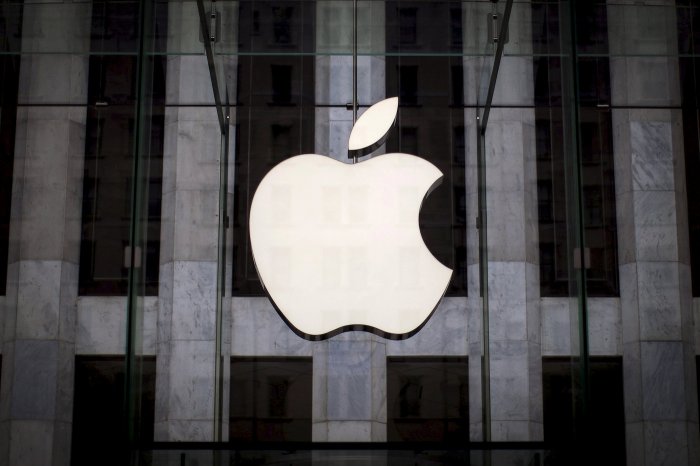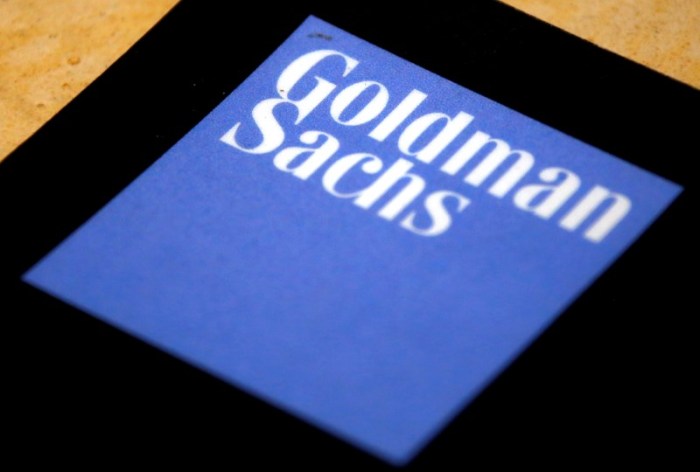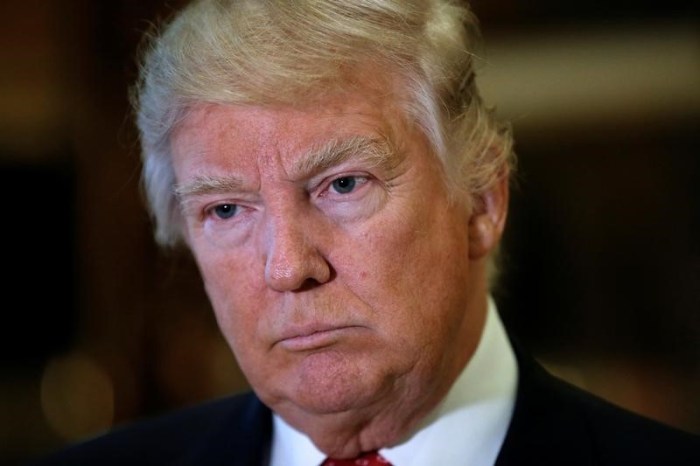By Kirstin Ridley
LONDON (Reuters) – The jury in the London trial of five former Barclays Stylianos Contogoulas, Jonathan Mathew, Jay Merchant, Alex Pabon and Ryan Reich each deny one count of dishonestly skewing Libor, a benchmark for rates on about $450 trillion of loans and contracts worldwide, to boost their profits and defraud others between June 2005 and September 2007. In London’s third Libor trial, Britain’s Serious Fraud Office (SFO) alleges the men plotted with former colleague Peter Johnson and others at Barclays to rig the London interbank offered rate (Libor), a rate designed to reflect banks’ costs of borrowing from each other. Johnson pleaded guilty in 2014. He has yet to be sentenced.
The jury was presented with scores of emails that New York-based former dollar swaps traders Merchant, Pabon and Reich and London-based junior trader Contogoulas sent to Libor submitters Johnson and Mathew, requesting rates that would benefit their trading book. The men told the court they had not been dishonest, that their bosses condoned and encouraged communication with the London cash desk, that they communicated on corporate message systems in full view of compliance staff and that banks commonly submitted rates with a commercial bias at the time. But three former bosses, two of whom remain senior Barclays executives, were called by the prosecution and denied under oath they knew of trader attempts to influence Barclays’ Libor rates, calling such communications improper or inappropriate. Harry Harrison, the co-head of Barclays’ non-core division who now reports to Barclays CEO Jes Staley, told the court there was a grey area when traders could have told submitters about their trading positions without necessarily asking them to submit beneficial rates. He conceded Barclays should have had better training and tighter rules on communications. Barclays declined to comment.
Allegations that banks and brokerages attempted to rig rates such as Libor, the average rate at which major banks say they can borrow funds from each other in different currencies every day, emerged during the credit crisis in 2008. In 2012, Barclays became the first bank to settle regulatory allegations of rate fixing and deliberately understating, or “low-balling”, rates to paint a rosier picture of its financial health when credit markets dried up during the credit crisis. It paid a then-record $450 million fine.
Regulators, accused of either condoning or failing to stop rigging at the time, admitted privately they were taken aback by the scale of a public and political backlash, which forced out former Barclays chief executive Bob Diamond, sparked the SFO inquiry and led to Libor rules being overhauled. (Reporting by Kirstin Ridley; Editing by Keith Weir)
London jury considers verdict in Barclays Libor trial

By Kirstin Ridley
















